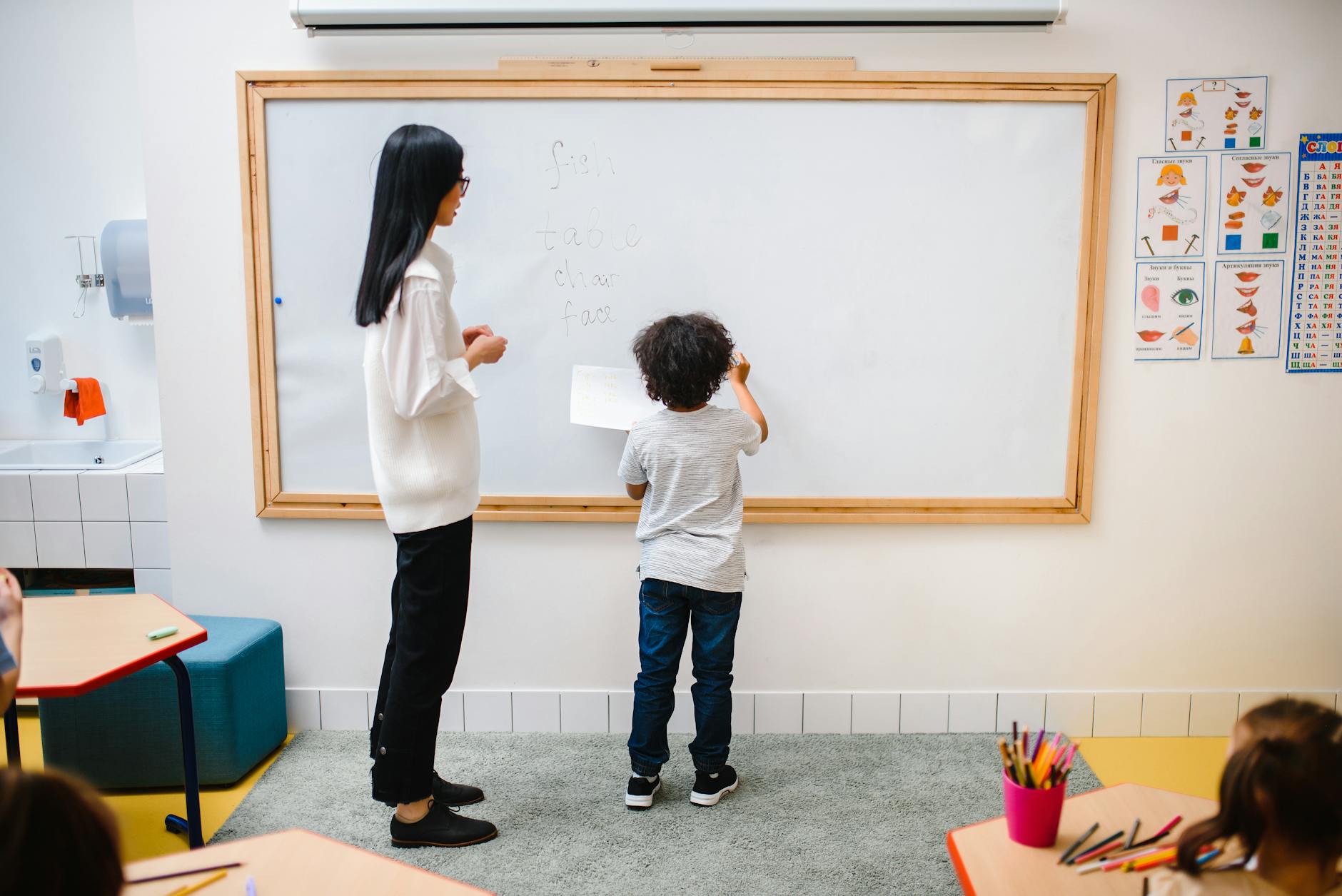Introduction:
Have you ever wondered how your brain keeps track of all the words you know and helps you put them together to make sense?
A recent study delved deep into the mysterious workings of our brains to understand how we remember words and follow grammar rules.
Let’s unravel this fascinating exploration step by step!
The Brain and Language: Separate Systems at Play
In the research, scientists focused on 20 individuals with aphasia, a condition affecting language abilities. They divided them into two groups: those who found it hard to speak fluently and structure sentences and those who spoke smoothly but had difficulty finding the right words. By studying how these individuals tackled tasks related to past tense verbs, the researchers uncovered intriguing insights.
Diving into the Past Tense Verbs Challenge
The study entailed asking participants to perform tasks involving past tense verbs. This included speaking words in the past tense, reading past tense words, and determining if they were used correctly. These tasks aimed to decipher how our brains handle regular past tense forms (such as “played”) that abide by standard rules and irregular forms (like “sang”) that deviate from the norm.
The Discovery: Unveiling Different Brain Processes
The results of the study unveiled a captivating revelation. Participants struggling with sentence formation faced hurdles primarily with regular past tense words following typical rules. In stark contrast, individuals grappling with word retrieval concerns stumbled more with irregular past tense words not conforming to standard patterns.
Deciphering the Brain’s Language Code
Interpreting these revelations paints a vivid picture. Imagine your brain as having distinct “memory” and “grammar” departments. The memory aisle stores words you’ve sprinkled in your vocabulary garden, whilst the grammar section pieces them into sentences using specific rules. While they collaborate seamlessly, they work independently with unique functions to streamline language processes.
Implications: Unveiling the Complex Brain Circuitry
This research unveils a fascinating proposition about the brain’s role in language processing. The study suggests that our brain likely maintains separate mechanisms to store beloved words we’ve learned meticulously and to navigate the labyrinth of grammar structures. Even when considering factors like sound intricacies or word frequency, the brain diverges its focus as per word memory or grammatical demands.
Unlocking the Brain’s Language Puzzle for Young Explorers
For budding young minds like yours keen on unraveling the brain’s wonders, pondering this exploration can spark a trail of inquiry. How does your brain preserve the words you treasure like precious gems, ready for retrieval at any moment? And how gracefully does it align these words into magnificent sentences following the dance of grammar rules? Dive into the enigmatic realms of language cognition, and let your curious spirit flourish like a blossoming mind seeker!
In essence, the study sheds light on the intricate web of language processing within our brains, presenting a mosaic where word memories align harmoniously alongside grammar comprehension. Like intrepid explorers of the cerebrum, revel in the mysteries that illuminate the essence of human communication!
Challenges to
Summarized from Neural correlates of lexicon and grammar: evidence from the production, reading, and judgment of inflection in aphasia
Grammar and Reading Skills


Leave a Reply